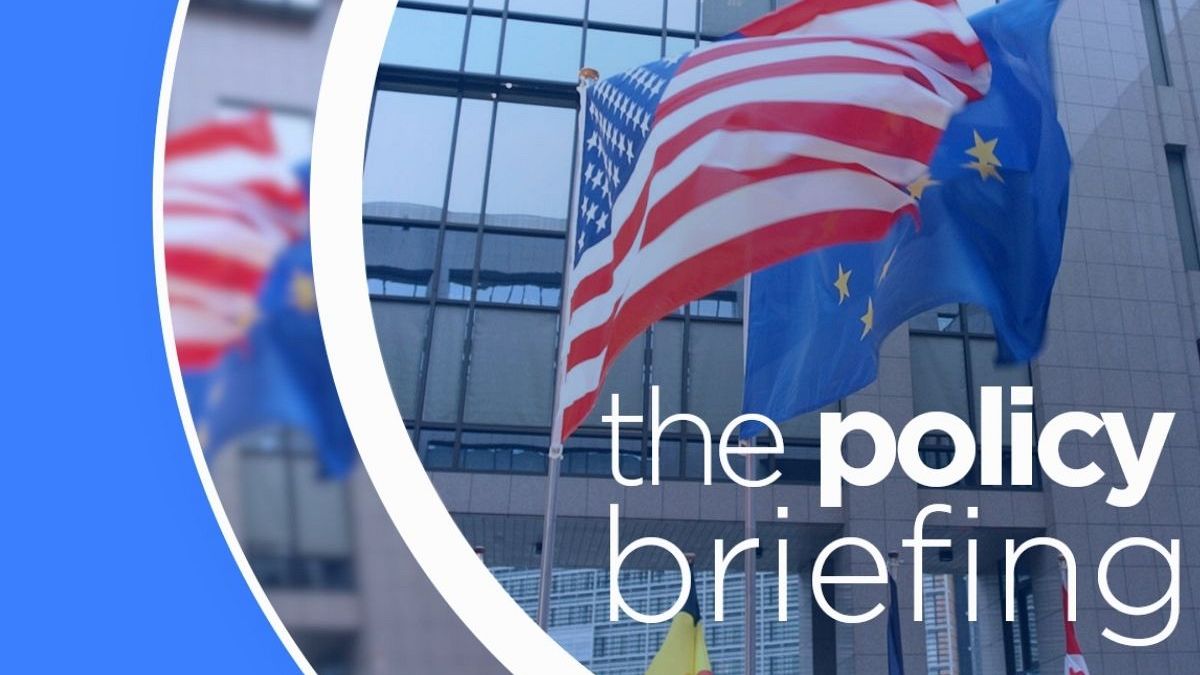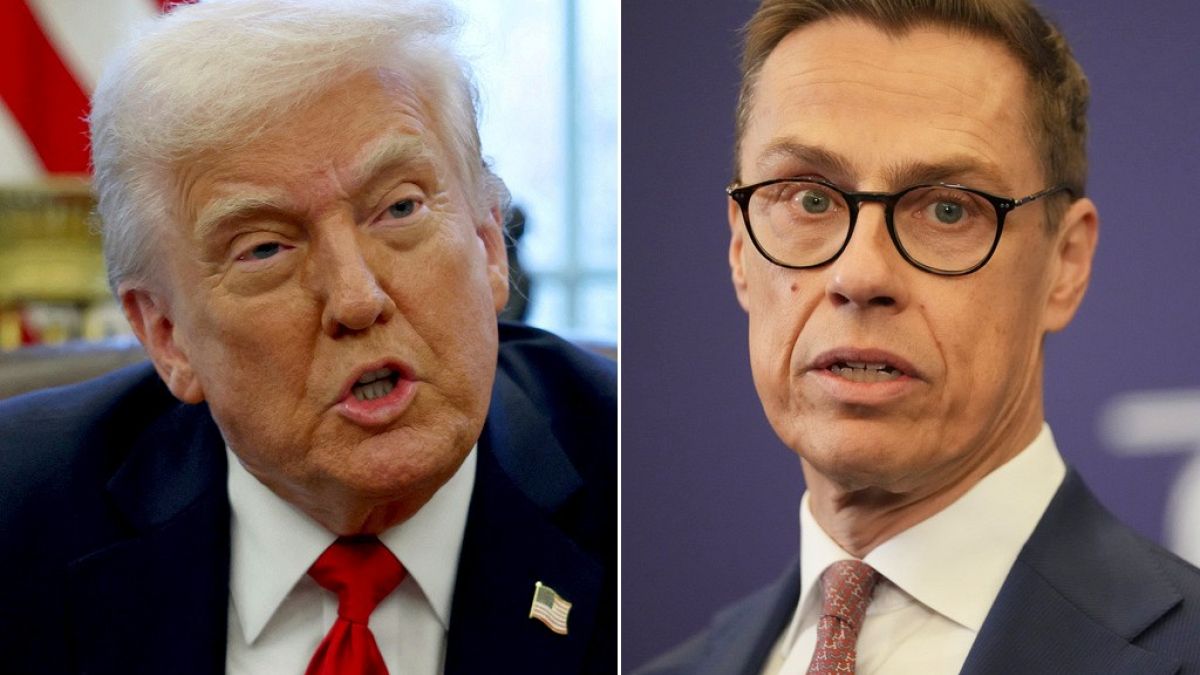Tax or tariffs? Officials in the UK and Poland are debating what they should do regarding proposed and passed digital sales taxes to potentially avoid new US trade barriers.
European countries are increasingly split about whether they should be changing their digital tax laws to avoid tariff penalties from US President Donald Trump.
Rachel Reeves, the UK’s Chancellor of the Exchequer, told the BBC on Sunday that the British government is considering tweaks to its 2 per cent Digital Services Tax (DST) on US-based tech companies.
While the UK government is reconsidering its options, its counterpart in Poland is seemingly doubling down on efforts to implement its own tax, despite threats from American officials.
Krzysztof Gawkowski, Poland’s deputy prime minister, told Polish TV on Monday that he “intends to go hard” on the digital tax issue and will present and pass an act on it this year.
This comes despite comments from Tom Rose, the American ambassador to Poland, who said on X that the idea is "not very smart" and that Trump "will reciprocate as well he should," unless the tax is rescinded.
Euronews Next takes a look at what the conversation has been so far on this law in Poland, which other European countries have a digital sales tax on Big Tech, and what could happen next.
What is a Digital Sales Tax?
Consulting firm PwC describes DSTs as a general tax on gross revenues for tech providers that work in market countries.
These taxes can be quite broad, PwC continued, because they can cover digital advertising, data usage, e-commerce, streaming/downloading, and more.
The argument from the Trump administration in a February 20 executive order is these digital services taxes "plunder American companies" of "billions of dollars," which is in "violation of American sovereignty and offshore American jobs".
"My administration will not allow American companies and workers and American economic and national security interests to be compromised by one-sided, anti-competitive policies and practices of foreign governments," the order reads.
Trump is taking issue with DSTs in Austria, France, Italy, Spain, Turkey, the UK, and Canada.
France and Spain have legislation that puts a 3 per cent tax on global companies that make €750 million in yearly profit in three revenue streams: digital advertising, data sales, and digital interface or intermediation services.
In Austria, the focus is a 5 per cent levy for high-net-worth companies (with a yearly profit of €750 million) that make over €25 million in online advertising.
Italy made some changes to its law in January, removing a previous €5.5 million profit threshold for its taxes, according to consultancy firm EY.
In response to questions from Euronews Next, the Italian government pointed to a statement that Giancarlo Giorgetti, Italy’s minister of economy, made last month.
The minister told journalists that other conditions in the law could be "evaluated if necessary," but that it does not discriminate “between Americans and non-Americans".
Trump has threatened tariffs before
If Trump does decide to impose tariffs over digital sales taxes, it wouldn’t be without precedent.
In 2019, during Trump’s first term, the US Office of the Trade Representative launched investigations into the digital sales taxes in France, Turkey, Italy, Austria, Spain, the UK, the EU, the Czech Republic, Brazil, Indonesia, and India.
Investigations into the EU, Czech Republic, Brazil, and Indonesia were dropped in 2021 because there were no digital sales taxes in place during the scope of the investigation, the department wrote in a decision.
In June 2021, the US Trade Representative initially decided to slap 25 per cent duties on some goods from France, Italy, Austria, Spain, the UK, Turkey, and India. However, by November, that decision was reversed.
The administration said these countries agreed at the Organisation for Economic Co-operation and Development (OECD) and G20 tax negotiations to remove existing digital services taxes and therefore dropped the tariffs, a deal which the US withdrew from on the first day of Trump’s second term.
The US Trade Representative will decide whether it will renew these investigations and add a new one over a Canadian tax introduced in 2024, Trump’s executive order reads.
What will Poland do next?
Poland’s Gawkowski said in a video to his New Left (Lewica) party posted on X, that he considers the American warning from Ambassador Rose "a proposal from a vessel state".
"We started the consultation process and suddenly it turns out that an important American official says: ‘You have no right to hold consultations, to talk, to introduce taxes and laws in Poland that you wish," he continued.
"There will be no consent to this".
A spokesperson for the Polish Ministry of Digital Affairs told Euronews Next that it has had at least one meeting with the private sector to inform an analysis it's conducting to "develop an appropriate digital tax model".
During these meetings, the spokesperson said that participants identified the need "to find new ways" to finance Poland’s developing digital sector but emphasised that this work isn’t to "target any specific country or companies of a particular nationality".
"It is a pro-development measure aimed at strengthening the domestic digital economy and ensuring fair contributions from digital platforms operating on the Polish market, regardless of their origin," the statement reads.
Gawkowski also told outlet Euractiv that he has the backing of Prime Minister Donald Tusk in support of the potential law.
Euronews Next has reached out to Tusk’s office to confirm but did not receive an immediate reply.

 2 days ago
5
2 days ago
5






 We deliver critical software at unparalleled value and speed to help your business thrive
We deliver critical software at unparalleled value and speed to help your business thrive






 English (US) ·
English (US) ·